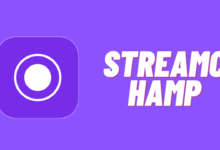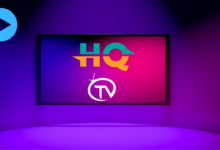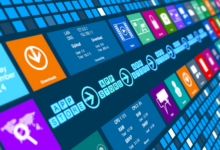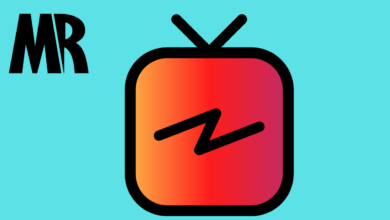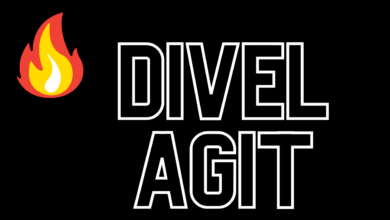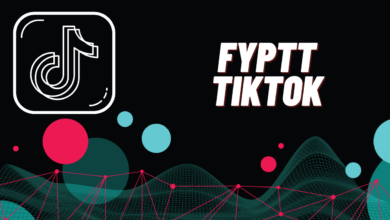The 7 Best Budgeting Apps of 2020
An app to keep control of budgeting and finance can potentially provide an excellent and valued service to the user. Of the many budgeting and personal finance apps available, some are aimed at more general personal budgeting and finance management.
In contrast, others provide more specific tools, such as bill tracking or spending reviews. The particular features and functions that each budgeting app offers should be reviewed before choosing one, but they are often free or available at a low price.
There are different APKs and APPs available for such services. Financial apps and software solutions can often be integrated into web apps, so those that build an online website will be able to make full use of these essential services.
Mint
Mint is an established and well-known app for creating budgets and tracking bills. It links to accounts with banks, credit cards, and financial institutions, and uses the data gathered to make spending suggestions, in categories such as shopping or entertainment.
The new ‘MintSights initiative gives personal recommendations, such as how to grow your investments. Mint offers various features for tracking and managing finances, and bills can be added and tracked.
However, bills can no longer be paid through the app. Mint is a free app but earns revenues by suggesting offers to users.
An alternate to Mint is Cloud based QuickBooks which is considered as one of the feasible options as it is remotely accessible using a cloud desktop and it`s high compatibility with third party tools like Office 365 etc. Learn more about Office 365 Migration.
YNAB
An acronym for You Needs A Budget. This app has an approach to ‘give every dollar a job.’ YNAB is unique in that it bases its budgeting on the individual user’s income.

Personal accounts for credit cards, savings, or checking are used to fund specific goals, and categories are made to which funds are allocated. This can prevent overspending when certain goals have been set, and forces users to think more carefully about how money is earned and spent.
YNAB can be great for couples working on shared budgets, paying off debts, or achieving financial goals. Moreover, It has a free-trial period, but after this, it is priced at $11.99 per month.
Goodbudget
Goodbudget makes use of what it calls the envelope system, which is a method of allocating monthly income into different categories, such as transport or food shopping. Details can be added to envelopes, and budgeting by category can be managed in up to 10 envelopes.
Envelopes based on income can be added every month to make clear how much is left for purchases. Budgets can be shared and synced with other users, so it is especially useful for couples with shared budgets. Goodbudget has a free plan or a paid plan for $45 per year.
Simple
More than just an app for budgeting, Simple can also be used for digital banking to manage all finances from your phone. Simple is partnered with BBVA Compass, which holds all funds deposited in any account.
It has a money management feature called ‘Safe-to-Spend,’ which allows users to see the amount available for spending after all bills and savings allocations are taken into account.
Simple also has a feature for savings goals, which calculates the daily contributions needed. The Simple app is easy to use and streamlines banking and budgeting. It is also completely free of charge.
Clarity Money
With a wide range of features, Clarity Money is a comprehensive saving and budgeting app. Users need to link to their checking, savings, credit card, or loan accounts, and the app instantly creates charts that visually represent finances and any overspending.
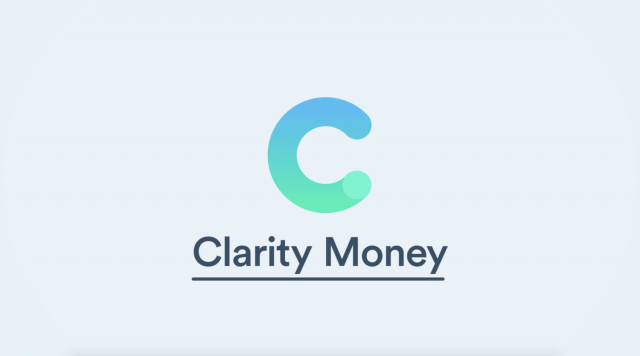
It also shows regular expenses, price increases, or reductions, and it can identify and cancel accounts that are redundant and incurring fees. Clarity Money offers users the option of transferring and saving funds in FDIC-insured, interest-free accounts.
There are also options for savings amounts and frequency. The app is currently free of charge, but fees may begin when it is integrated into the Marcus app.
Personal Capital
Personal Capital is mainly an investment tool, but the app also comes with a range of budgeting features that help in optimizing investment strategies. It makes use of both bot advisors powered by algorithms and actual financial advisors.
The main focus of the app is on investments, with analysis of investment fees, details, and asset classes. Users can also track their expenses with a spending snapshot that lists transactions by category.
These can be customized and viewed as a percentage of monthly spending, and a portfolio breakdown and net worth tracker are also available. The Personal Capital app is completely free of charge.
Albert
Albert is a great app for those that prefer to keep their finances simple, without any need to carefully review things. The app connects to all of the financial accounts a user has, then provides analysis on spending, income, savings, and all general finances.
Through the use of advanced algorithms, it shows how savings can be made, then it transfers funds to the in-app account, Albert Savings. Transfers can be made up to three times a week, and up to $30 for each transfer.
The account is FDIC-insured up to $250,000. Albert offers a free plan with a paid plan that also offers customizable invoices.
A high-quality budgeting app can make remarkable differences to personal financing, and lead to a lifestyle that is simpler and more organized. Special features can add extra conveniences and make it easier for users to view and manage their finances.
With the extra benefit of low or zero costs, for many, the question that presents itself is: which app is the most suitable for me?


